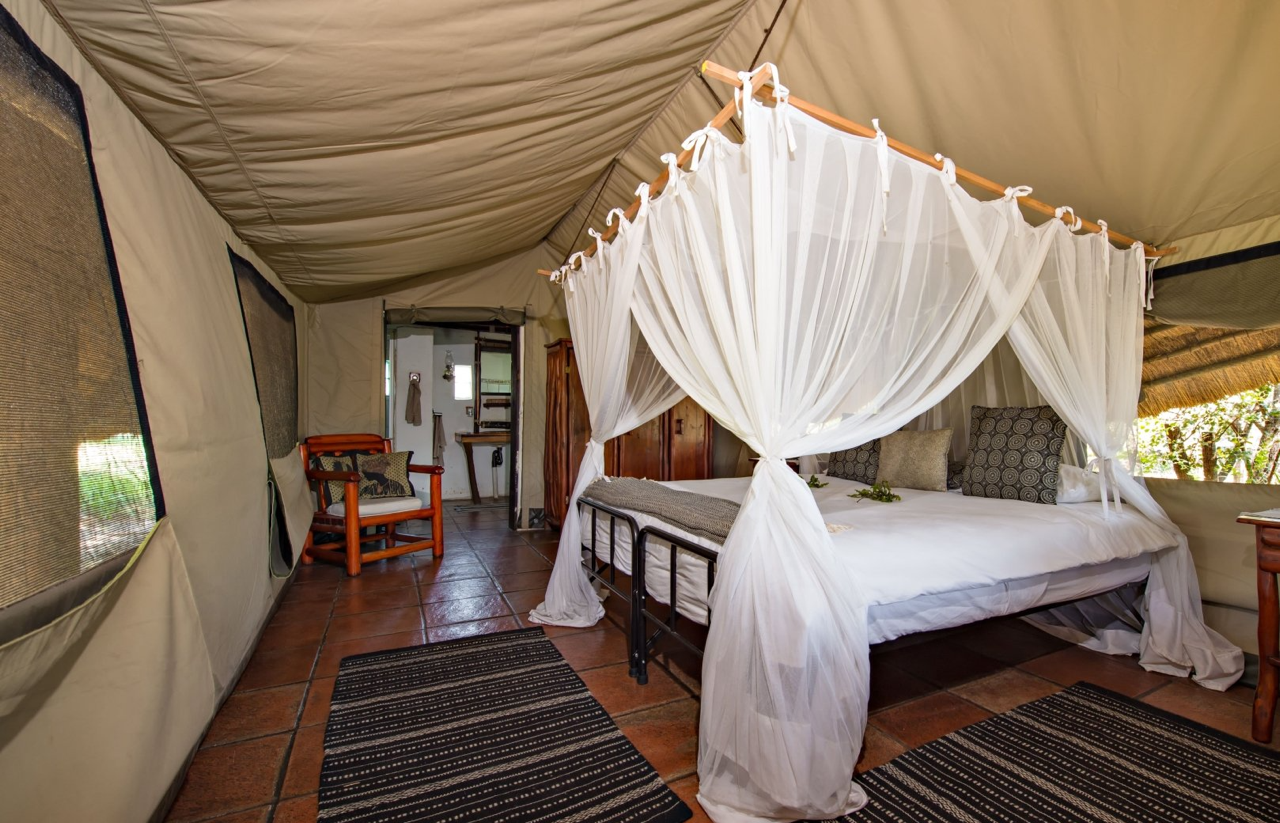
Summer - Pungwe's best-kept secret
A green season safari in the Manyeleti is unbeatable!
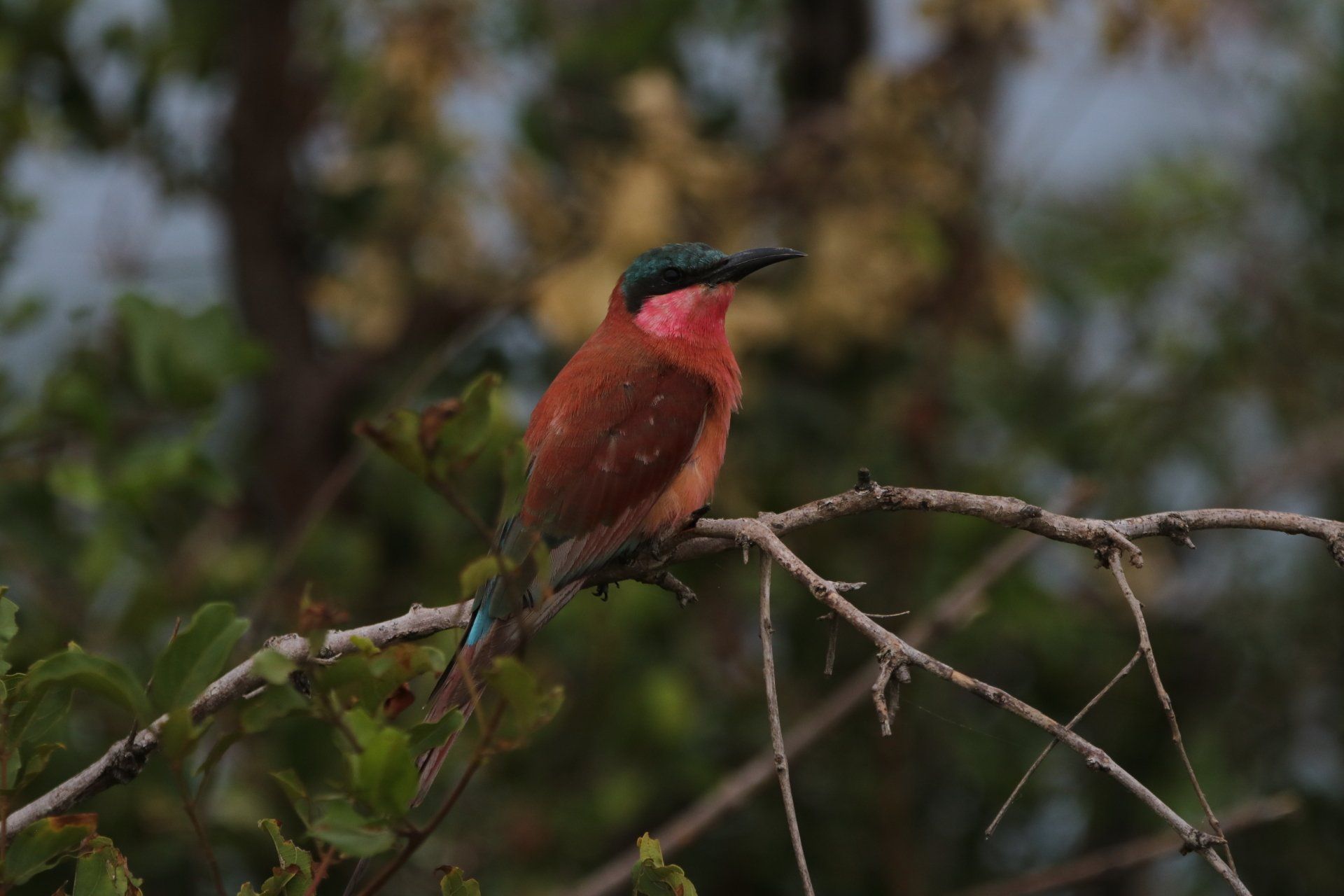
Image: Tim Cowell
There's a long-held belief that African summer and safaris do not mix. We've never understood this because for us, summer in the Manyeleti is absolutely one of the best seasons to experience our wonderful wilderness. This is the time of plenty, when there's an abundance of new life around every bend in the road, from baby animals to lush, verdant pastures of fresh grass and truly spectacular birding.
Like every season here in Southern Africa, summer comes with its pros and cons but there's a reason we call it the "secret season" - largely because those who do take the plunge and indulge in a summer safari get to see the African bush in a thrilling new light and invariably have their socks blown off by the experience.
So let's have a look at the plusses and minuses of coming to visit Pungwe in the summer with some simple Q and A's...
Doesn't it get hot in summer?
Yes. It does. And a little on the sticky side as humidity levels rise. Average daytime temperatures sit at around 32°C (around 89°F) but can climb to the high 30s, especially in late afternoons during build-up to storms. Is it a problem? We don't think so, because your body quickly adjusts to the heat and as long as you stay hydrated and take advantage of the shade provided by our wonderful lounge area and your spacious and airy tents (complete with fans run off our solar power, if you need them), comfort levels are easily managed.
On game drives you absolutely need a hat and lots of sunscreen. A good tip is to bring a soft, lightweight scarf or sarong to drape across shoulders as protection from the sun. If you wet it before a game drive and wring it out till damp, putting it around your neck will keep you marvellously cool! You can also take advantage of this clever cooling trick at night!
What about the rain?
Even though it's called the rainy season, we rarely have rain all day or for days on end. We have spectacular summer storms that build up during the course of the day and then break in the evenings, providing a welcome downpour that cools everything down. There can be some heavy deluges, but it's all part of the experience of being immersed in nature in all its magnificent glory, and witnessing an African storm in the wilderness is an amazing experience.
We have excellent waterproof ponchos on our game vehicles in case of showers that cover you and your personal belongings/camera gear as well. It's always a good idea to bring a waterproof jacket with you in the summer. A pair of lightweight long pants and closed shoes are also recommended as the temperature can sometimes drop quite a few degrees during and after a storm!
What's the game viewing like?
As with any season in the African bush, game viewing is never guaranteed. The general consensus is that the dry season is better for game viewing because the bush is less thick and animals gather around water more regularly. In truth, the game viewing can be just as spectacular in the summer months, and even more so because the reserve looks so beautiful.
While there is more water, animals still need to drink so dams and waterholes are still great places to stop and watch awhile. We do find that megafauna like elephants disperse more in the summer months as there is more to eat and drink, but we still have regular sightings during the green season, especially of big bulls. Predators may be harder to spot as they relax in the shade but there is so much food for them at this time of year that we have regular sightings on fresh kills.
For our plains game this is the time for babies. Impala, wildebeest and zebra all tend to give birth at around the same time, shortly after the rains arrive and the grass begins to grow, along with warthogs, mongooses and most of the antelope species.
The birding in the summer months is off the charts. This is when the summer migrants are here in numbers and breeding. Carmine bee-eaters, paradise flycatchers, woodland kingfishers, Wahlberg's eagle, yellow-billed kites, European rollers, red-billed queleas, yellow-billed storks... The list is impressive and extensive. So bring cameras and binoculars!
What about insects?
Summer is the time when insects breed too, so yes, there are going to be quite a few bugs around! So if you are averse to insects, arachnids and other creepy, crawly things, you need to be aware that this is peak season for them. But if you find nature fascinating in all its various aspects and are willing to learn more about our six-legged (as well as eight-legged and multi-legged) friends then you'll have a fascinating experience.
Learning about things like rhino and dung beetles, scorpions, baboon spiders, dragonflies and cicadas can be fun, we promise!
Of course, this is also mosquito breeding time and the peak of the "biting" season, so you need to prepare to cover up and use lots of insect repellant as soon as dusk begins to fall. And we absolutely recommend malaria prophylaxis, so chat to your doctor about this before coming on safari in the summer. Our tents all have mosquito nets and we spray regularly to keep them at bay, but it's always better to be safe and take the necessary precautions.
And snakes?
Yes, this is peak snake season too! Summer is absolutely the busiest time for the animal and plant kingdoms as everything moves into reproduction mode thanks to the abundance of food. As with insects, we always tell our guests that by learning about snakes any fear of them tends to subside, replaced by a healthy respect for these amazing reptiles.
For every dangerous, venomous snake we have here in the Manyeleti, there are three or four harmless ones. And no snake will go out of its way to approach you or threaten you - they are more afraid of us and will try to find the quickest way to escape. So yes, be aware, but don't be afraid. If you do have a snake in or around your tent, we are fully equipped to deal with it and safely remove it.
Ask your guide to go through the snakes you are most likely to see at this time of year and study their habits - we recommend an app developed by the African Snakebite Institute which is a fabulous way to learn more about the snakes in our region, as well as scorpions and spiders! Check it out here: https://www.africansnakebiteinstitute.com/app/
Can we walk in summer?
That's at the discretion of your guide. When the grasses are high and the bush is thick, we don't recommend walking for obvious reasons - we can't see what may be hiding! Walking is always best in the mornings, and that's when rain and heavy dew make grass and the undergrowth wet, so it's not pleasant to walk through it in any event. But chat to us in any event, as it may still be possible to use our network of roads to walk along, safely.
So summer is great, then?
Yes. It is. And absolutely worth experiencing on a safari with us. Please get in touch and let's put together a wonderful summer safari for you. And take advantage of our current festive/holiday season special where you can pay for three nights and get an extra night free!
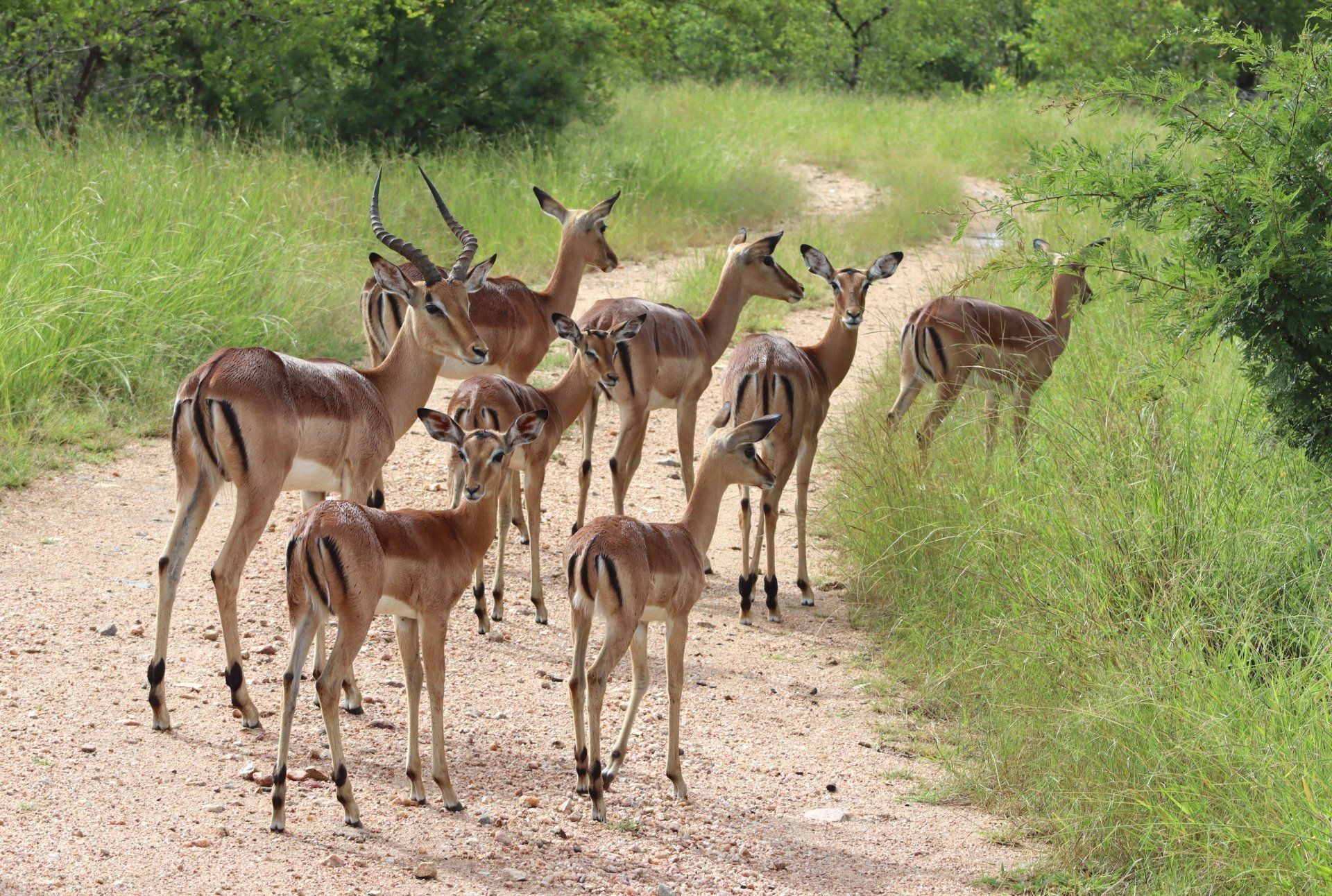
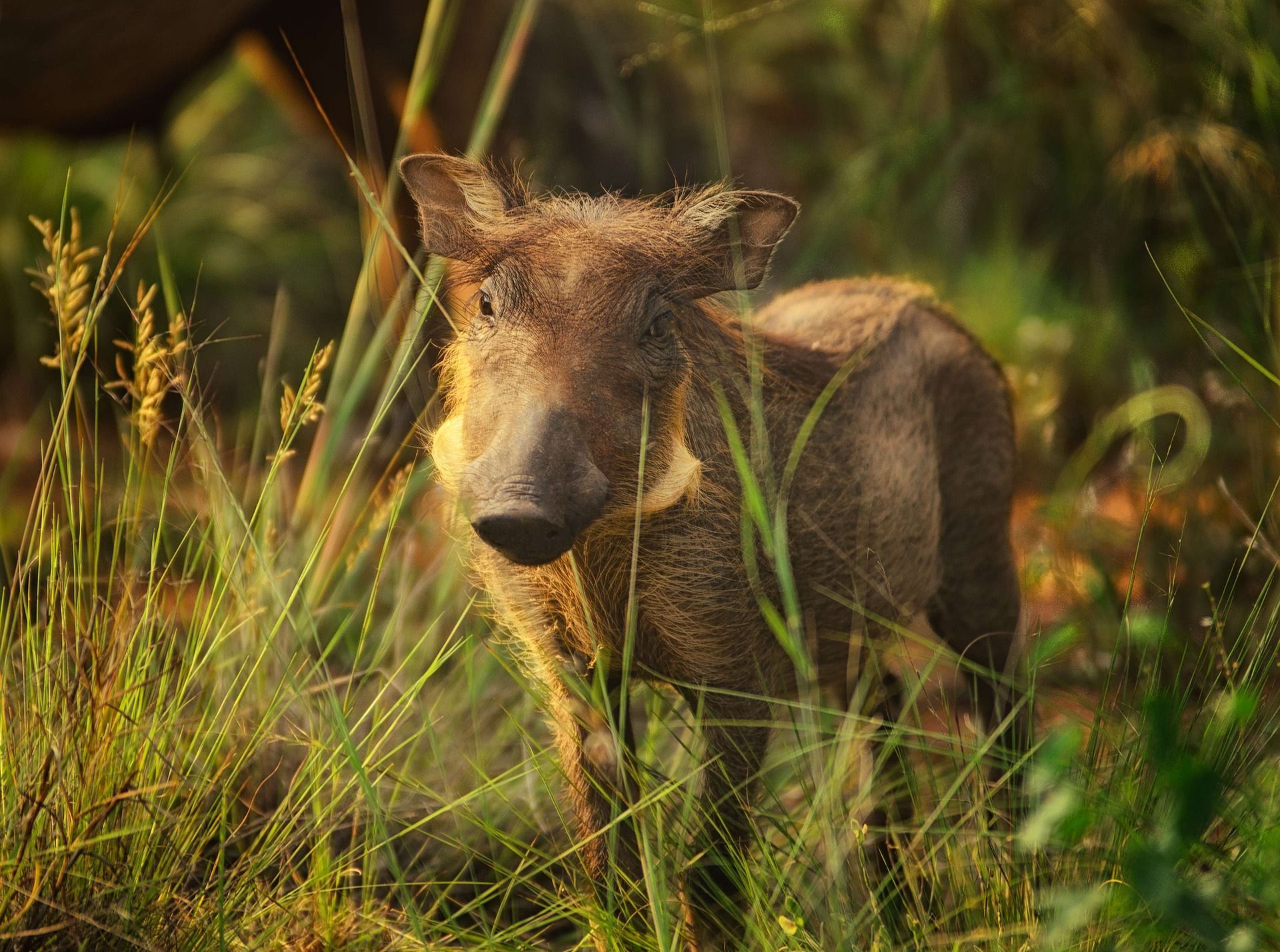
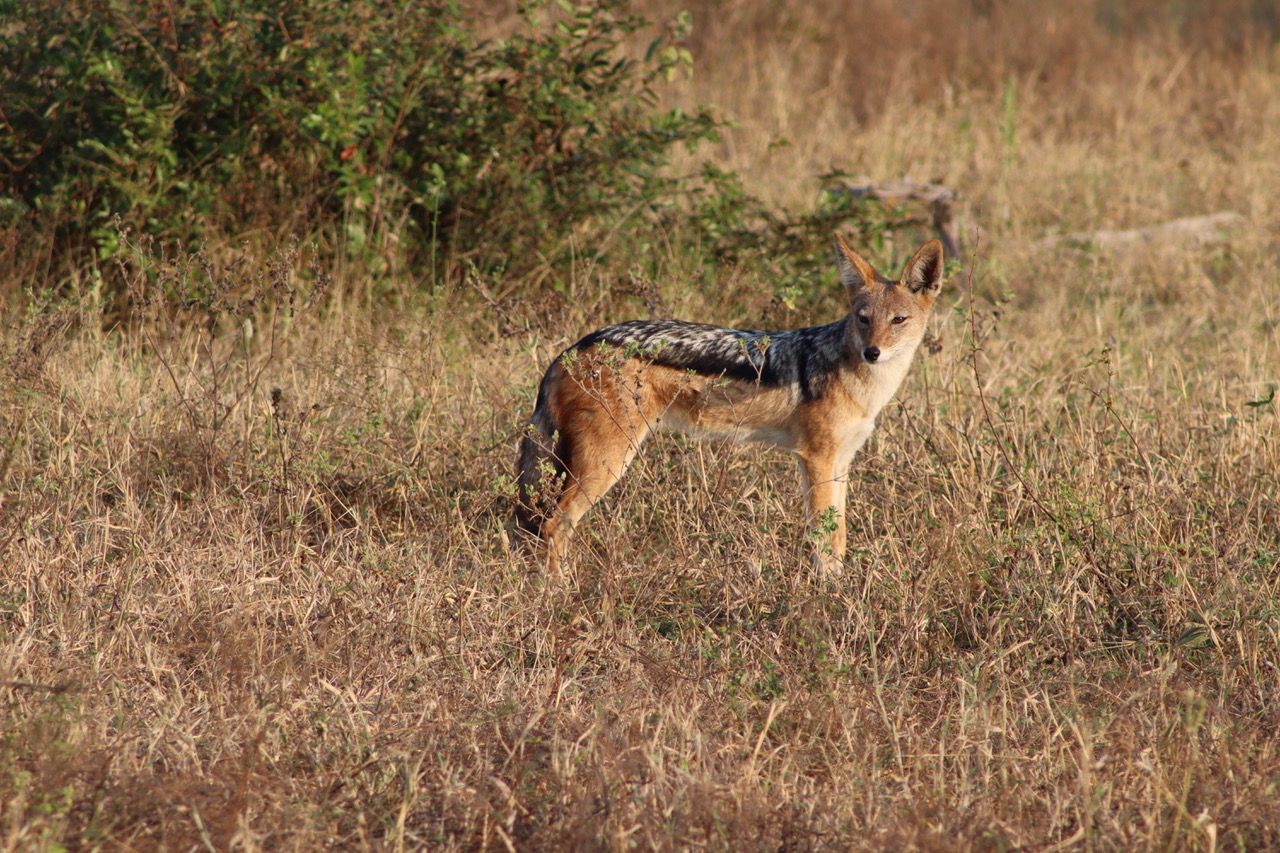
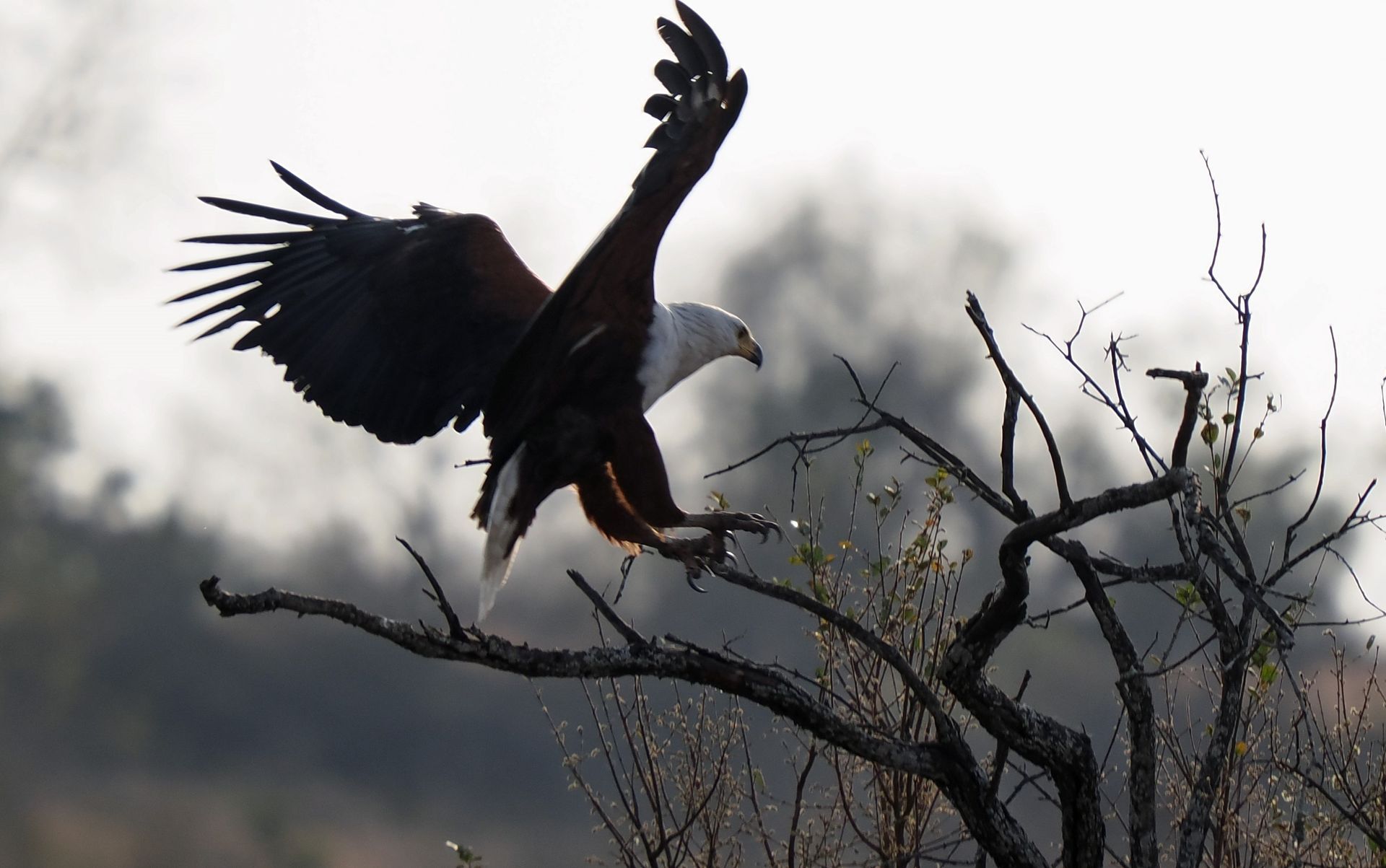
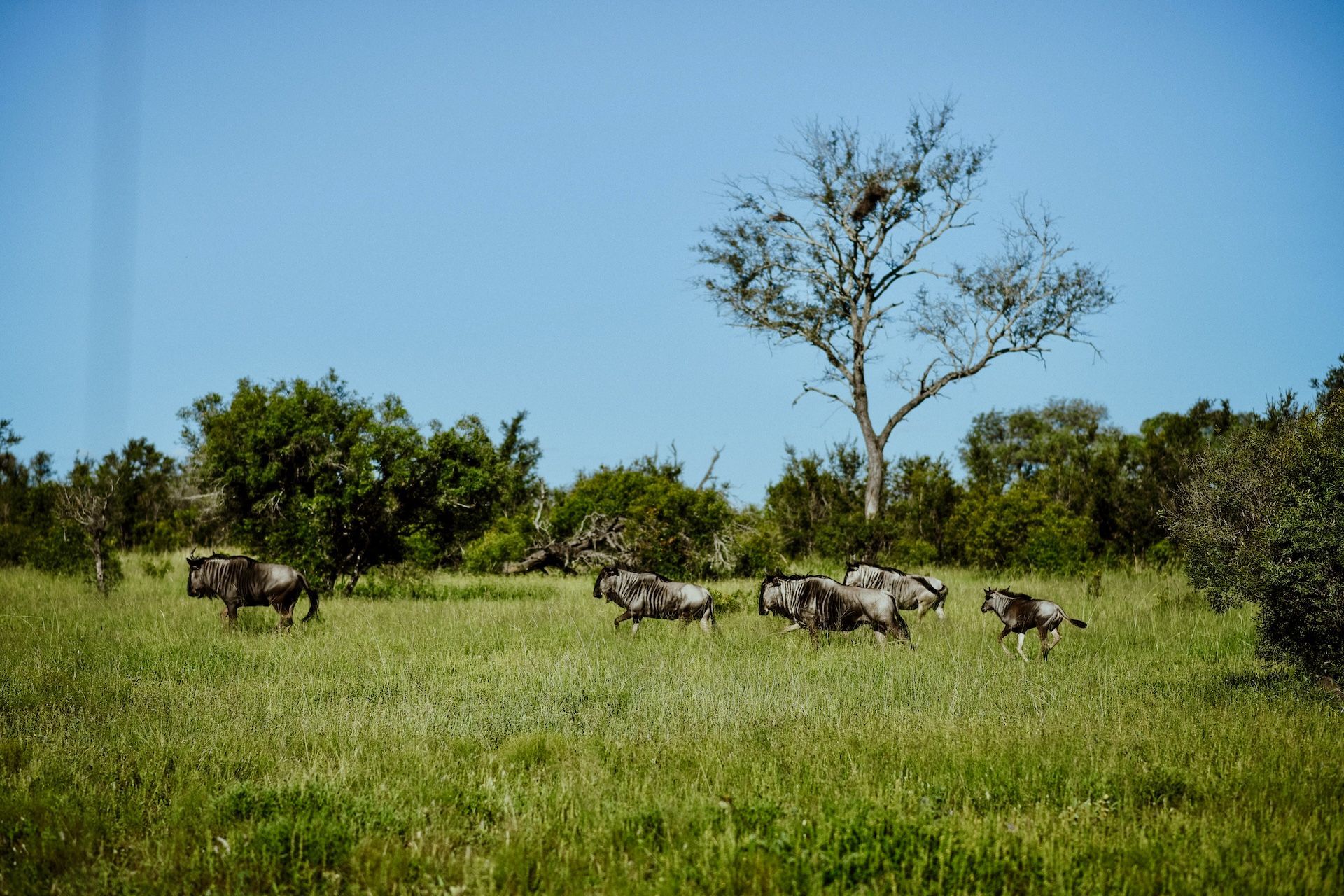
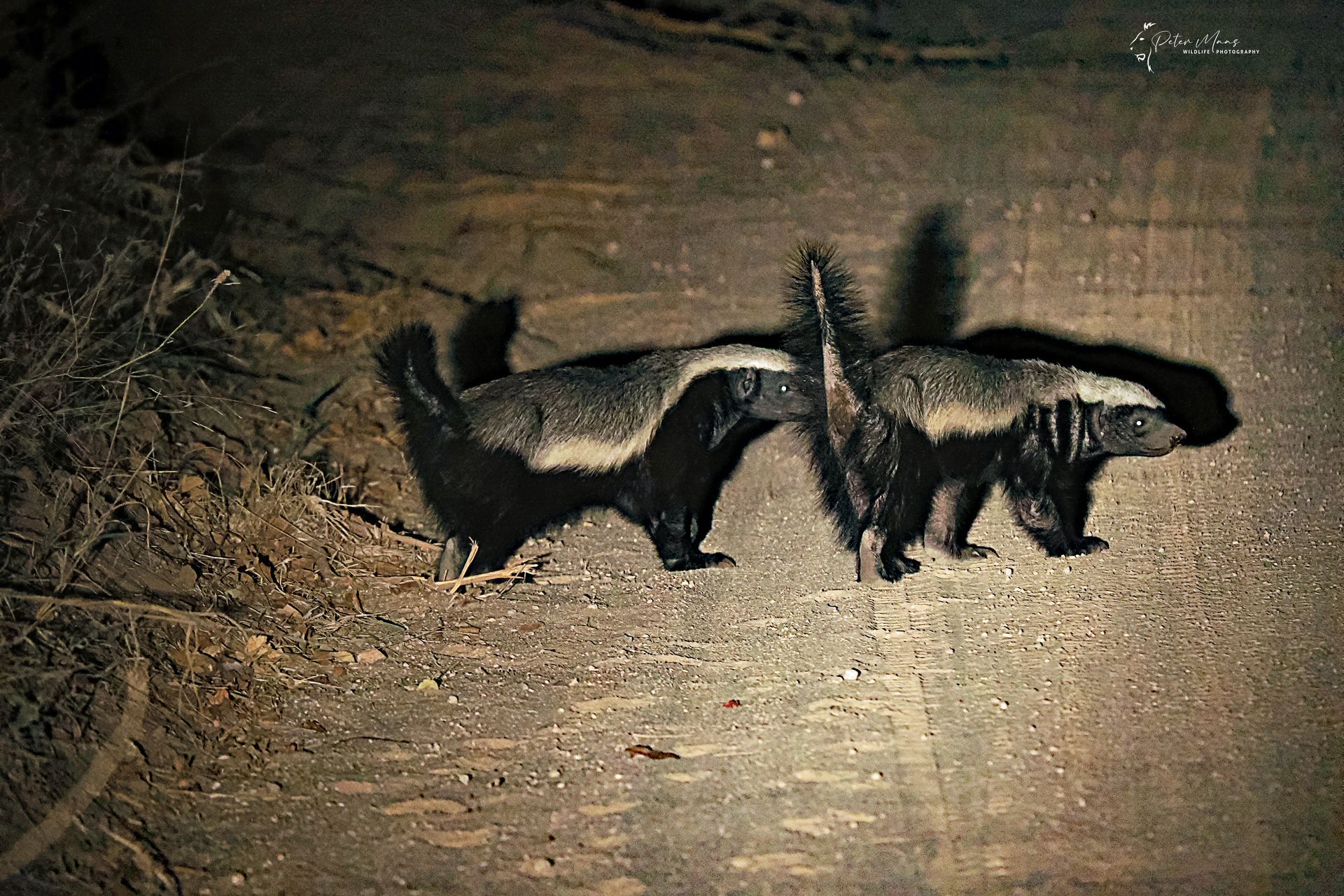
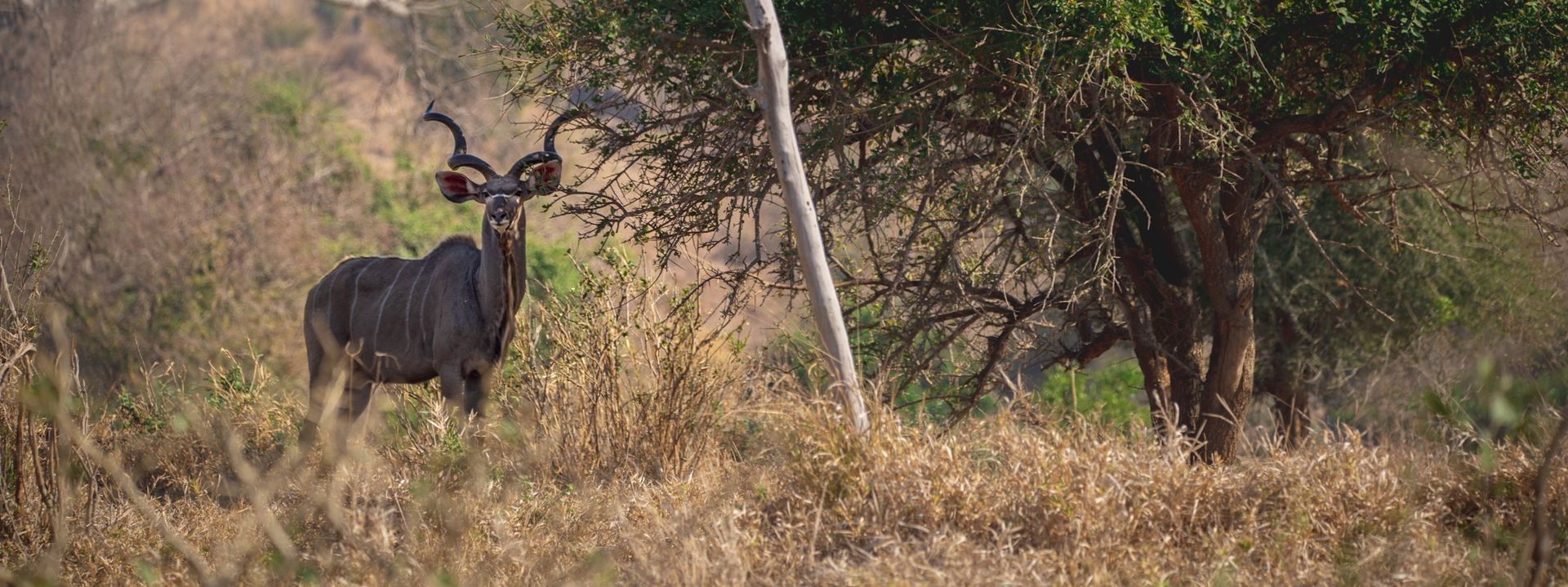
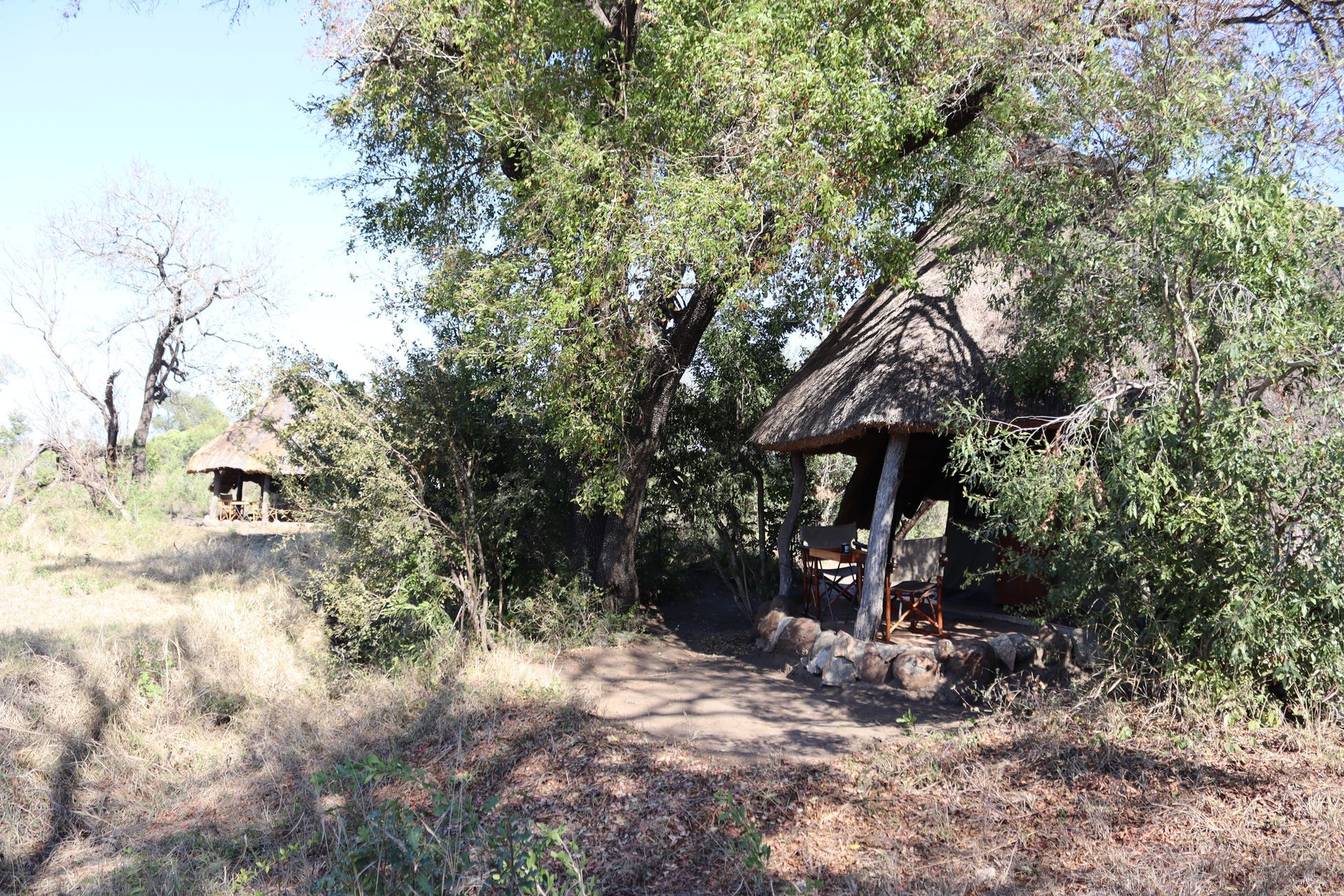
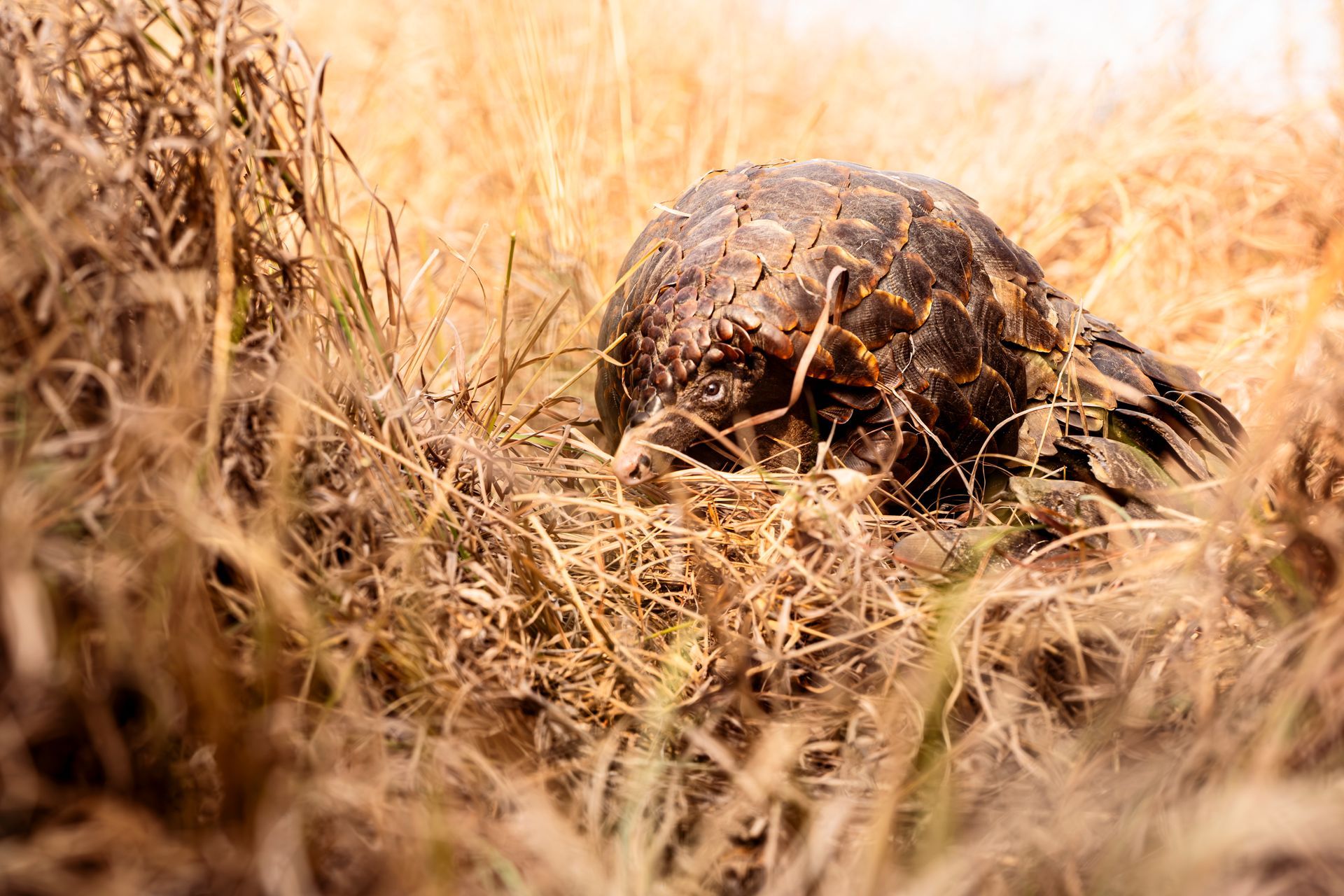
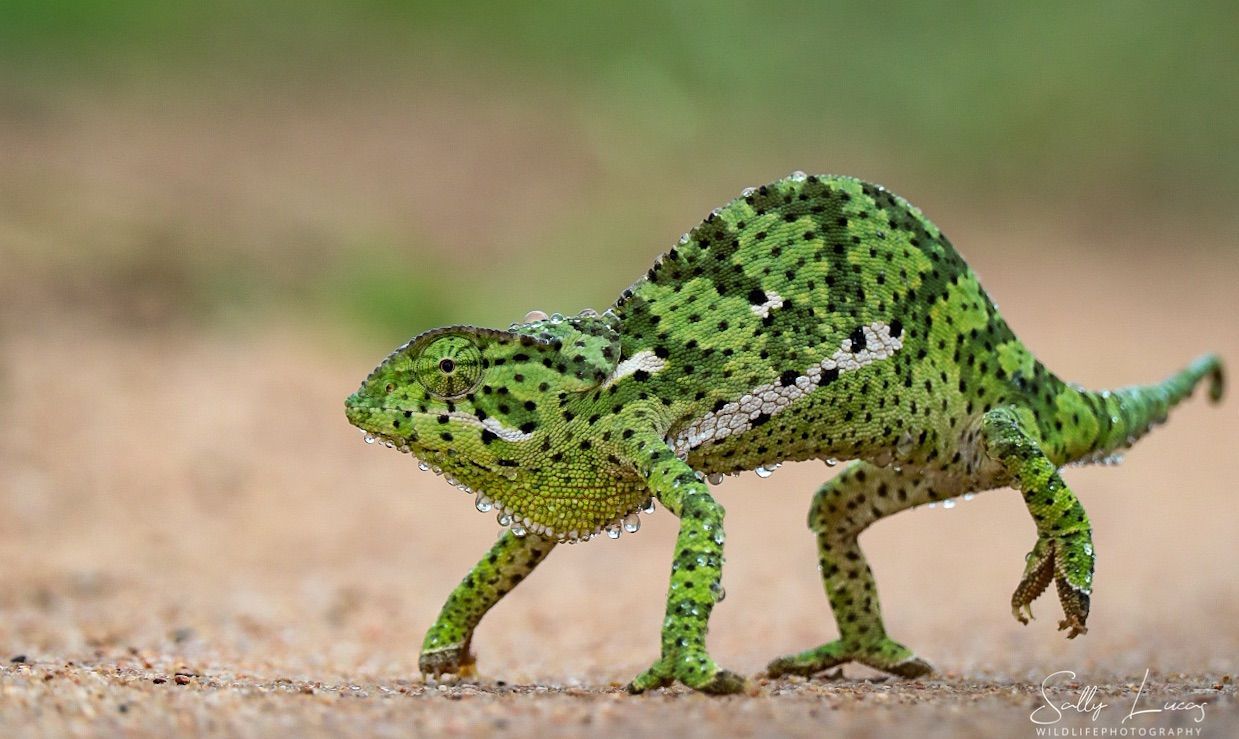
Pungwe Safari Camp
Manyeleti Game Reserve
Mpumalanga
South Africa
Tel: +27 82 853 9533
Email: info@pungwe.co.za
MENU
STAY CONNECTED
Join our Newsletter and find out more
Contact Us
We will get back to you as soon as possible
Please try again later
All images on this website have been taken at Pungwe by guests or staff
All Rights Reserved | Ingweleti Investments (Pty) Ltd T/A Pungwe Safari Camp

